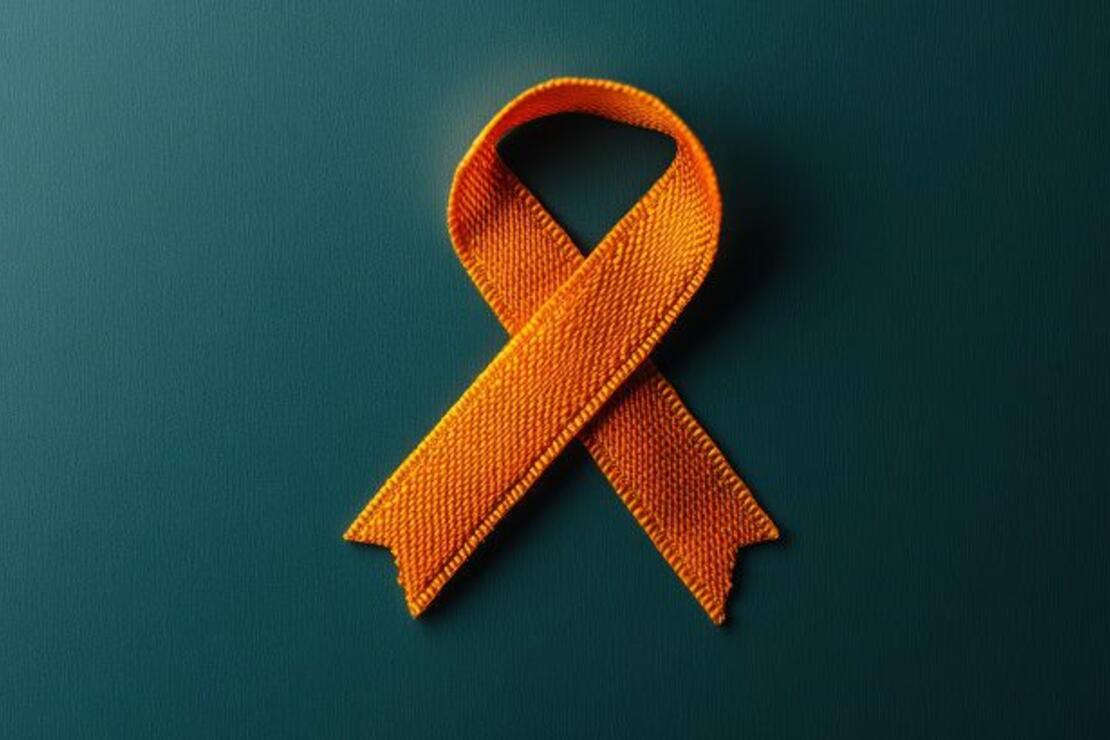March is MS Awareness Month

Do you know someone with multiple sclerosis (MS)? March is MS Awareness Month—a great opportunity to learn more about a disease that affects more than 2.8 million people worldwide.
MS is a chronic autoimmune disorder that causes damage to nerve cells. Early detection and treatment of MS are the best ways to slow its progression. However, early detection is difficult because MS symptoms are not exclusively tied to MS and may be the result of other health conditions. MS symptoms also vary greatly from one person to the next. Some common symptoms include fatigue, numbness and tingling, loss of balance and dizziness, stiffness or spasms, tremor, pain, bladder and bowel changes, vision problems, and problems with memory and thinking.
MS is typically diagnosed after a thorough neurological exam and MRI. MRI imaging may show MS lesions (areas of “sclerosis” or damage) on the brain and/or spinal cord. MS is diagnosed when these lesions are identified on more than one area of the brain or spinal cord, occurring at more than one point in time, hence, “multiple” sclerosis.
There are four types of MS that differ by how often relapses occur, the degree of recovery after relapse and functional decline over time. After MS is diagnosed, treatment may include disease modifying therapy medicines (DMTs), rehabilitative therapies like physical and occupational therapy, and mental and emotional support.
It is important to be aware that many MS symptoms are not outwardly evident. You cannot see back pain, tingling and numbness, memory problems or fatigue — but this does not diminish the weight of experiencing these symptoms daily. Here is a great list of ways to support a family or friend who has MS.
Being diagnosed with MS can be very challenging. If you or someone you know has MS and would like support, please reach out to a MS navigator for help navigating care decisions, including finding a provider, equipment, in-home assistance or financial support. We would also love to include you in our monthly MS Support Group at Carroll Hospital. Please see our calendar for more information or learn more by calling 410-871-7000.
References:
Types of Multiple Sclerosis | National MS Society
Early Signs of MS – Common Signs and Symptoms | MS Society
MRI and MS diagnosis | Does MS show up on MRI? | Multiple Sclerosis News Today
Kirsten Ambrose, RN, is a health navigator and community educator at the Tevis Center for Wellness.